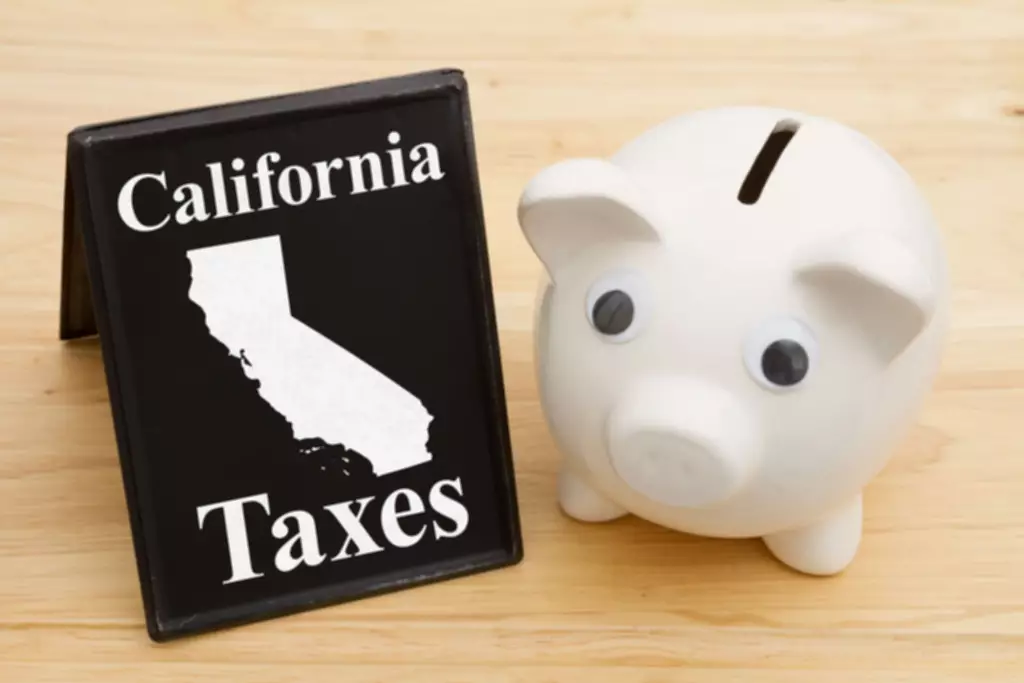Content

CPAs are accountants who have gone through special training, certification, and licensure to be able to file tax returns with the government and represent their clients in financial matters. Accountants who are not CPAs know how to help businesses examine their financial statements, keep track of their money, manage payments and billing, and handle other financial duties. Without a CPA designation, however, accountants can’t file tax returns or otherwise consult on tax matters in https://www.bookstime.com/ any state. A CFA and a CPA are both recognized, standardized certifications that can provide a great degree of mobility and flexibility for a career in the financial sector. CPA stands for certified public accountant and can be a helpful designation in particular if you would like to issue audited or reviewed financial statements. CFA stands for chartered financial analyst and can be a helpful certification to pursue if you wish to work in the investment industry and beyond.

As a result, selecting the correct professional to manage your finances is critical to your success. Accountants do not have a fiduciary responsibility, but they do have a legal responsibility to be sure that a client’s records conform to all laws and regulations. Accountants cannot represent you in an audit before the Internal Revenue Service. They do not have the power of attestation, which is the power of reviewing a company’s finances and formally attesting to their accuracy and reliability. Some accountants offer guidance on how to cut costs, increase revenue and maximize profitability. Some also perform risk assessment, risk management and forecasting. CPAs have to rise to high education and ethical level and are subject to continuous learning requirements which is not the case in accountants.
What Is the Average Salary of a CPA?
In addition, they help companies manage their money, taxes and investments in a manner specified by laws and regulations. In a world context, CPAs drive the financial reporting and advisory services in business and industry to foster growth and success.
There are required institute coursework hours that a person needs to complete with specific hours in accounting, auditing, taxation, and business core classes. Even after receiving the license, the CPA will have to continue taking education classes to stay updated with the new information and changes in accounting. Still, despite some similarities, these positions have different functions, and many specific duties set them apart.
Education Requirements for Accountants
The majority of these accept the AICPA self-study Professional Ethics for CPAs CPE course or another course in general professional ethics. Many states, however, require that the ethics course include a review of cpa vs accountant that state’s specific rules for professional practice. The majority of states still require work experience to be of a public accounting nature, namely two years audit or tax experience, or a combination of both.

Management accountants, or corporate accountants, help corporations and business owners make important business decisions. Their job is to understand a company’s financial health and how new business plans or changes will affect the bottom line. These types of accountants specialize in planning, budgeting, risk management, and business strategy. The main difference between a bookkeeper and an accountant is that a bookkeeper manages the day-to-day finances of a business, while an accountant offers advice on the overall finances of the business. While an EA can be incredibly helpful for taxes, only a professional accountant is equipped to handle accounting and give overall business finance advice.
What Careers Can Be Done With a CPA License?
If you want to know how much you have to pay in federal taxes given your personal details, use SmartAsset’s federal income tax calculator. With only a few clicks, you can calculate your federal income tax liability. So if you are in the early stage of your business or just starting out a really good accountant will justify your need. It is important for CPAs to follow ethics which means taking the decision about account and finance in line with the code of ethics that are integrity, objectivity, confidentiality, etc. CPAs may represent taxpayers in matters before the Internal Revenue Service however authority to represent taxpayers before the Internal Revenue Service. Our unbiased reviews and content are supported in part by affiliate partnerships, and we adhere to strict guidelines to preserve editorial integrity. The editorial content on this page is not provided by any of the companies mentioned and has not been reviewed, approved or otherwise endorsed by any of these entities.
Cost accountants are ideal for businesses needing extra guidance and insight into their expenses, labor costs, production costs, cash flow, etc. These types of accountants specialize in cost analysis, profitability, and budgeting. Forensic accountants are accounting detectives who analyze the books in order to check for errors, oversights, compliance issues, or fraud. Forensic accountants are the professionals you call when you suspect someone of tampering with the books, and it’s their job to track down discrepancies and pinpoint fraud. Like CPAs, EAs are able to legally represent taxpayers before the IRS.
()